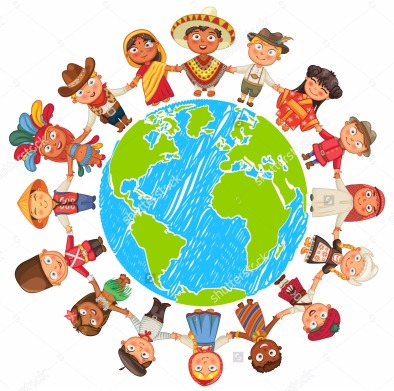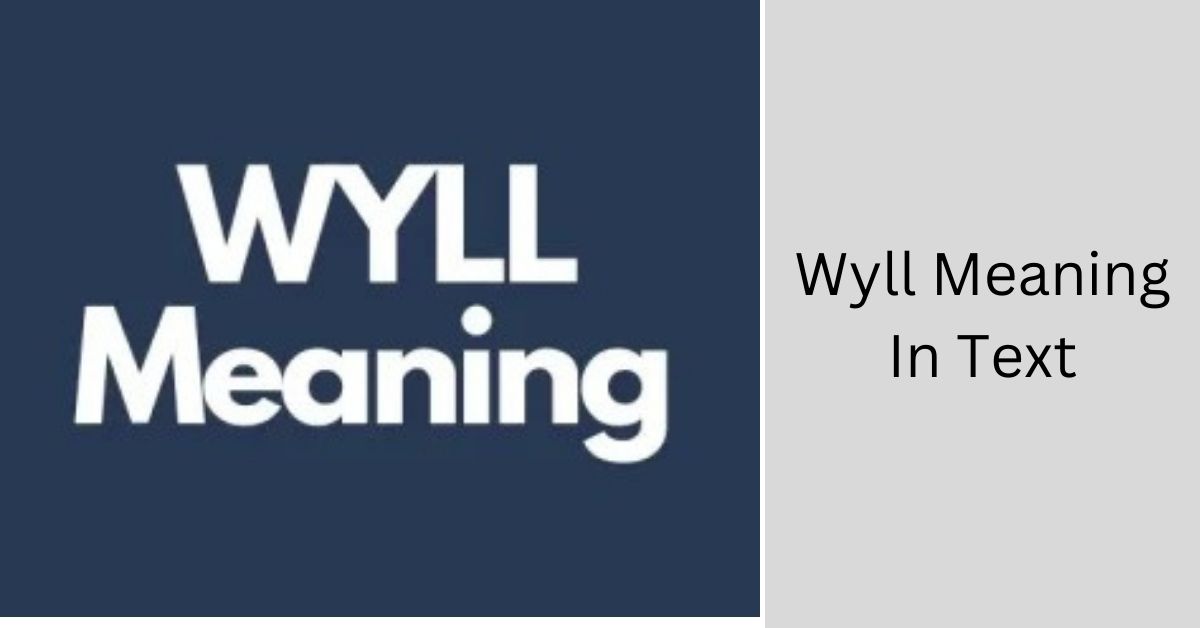wyll meaning in text Wyll” is a phonetic spelling of “will, commonly used in informal text conversations. It reflects the trend of simplifying language for quicker communication, particularly among younger generations. Embracing such terms can enhance casual exchanges while still conveying intent.
This article will delve into the meaning of “wyll” in text, its origins, usage, and the broader implications of such informal language in our digital age.
Table of Contents
Understanding Wyll Meaning In Text

At its core, “wyll” is a phonetic spelling of the word “will.” This informal representation of the word captures the essence of how texting has transformed language. In a world where speed and brevity often take precedence, individuals frequently opt for simplified forms of words to convey their thoughts more quickly. “Wyll” serves as an example of this trend, making communication faster while still maintaining clarity.
The Rise of Phonetic Spelling
Phonetic spelling has become a hallmark of modern communication, particularly in text messaging and social media platforms. This trend is not new; it has roots in the way language has evolved over centuries. However, the rise of digital communication has accelerated this phenomenon, leading to a significant increase in the use of such informal spellings.
For instance, consider how “you” is often abbreviated to “u,” or how “for” becomes “4.” These adaptations reflect a desire for efficiency in communication, particularly when typing on small screens. “Wyll” fits neatly into this pattern, offering a playful alternative to a common word.
Informal Communication Styles
The advent of texting and instant messaging has led to the emergence of distinct communication styles that prioritize brevity, informality, and immediacy. As users navigate various platforms whether it’s texting friends, chatting on social media, or participating in online forums they often adapt their language to suit the context.
“Wyll” embodies this informal communication style. It allows individuals to maintain a casual tone while still conveying intention. For example, in a conversation about plans for the weekend, one might text, “I wyll be there at 6!” This phrasing conveys eagerness and commitment while embracing the relaxed nature of the exchange.
Read Ascalon Scans: The Leading Name In Manga Translation And Scanlation!
The Nuances of Context
While “wyll” is primarily understood as a phonetic spelling of “will,” its meaning can vary based on context. In certain scenarios, it may carry additional connotations or emotional weight. For instance, if a person uses “wyll” in a playful or teasing manner, it can enhance the tone of the conversation and foster a sense of camaraderie among friends.
Moreover, context plays a crucial role in interpreting informal language. The relationship between the individuals involved, the platform used, and the specific topic of discussion can all influence how terms like “wyll” are perceived.
Cultural Variations

Language is deeply influenced by culture, and this is evident in the way terms like “wyll” are used across different regions and communities. In some cultures, informal language and phonetic spellings may be more widely accepted and embraced, while in others, they may be met with resistance or disapproval.
For example, younger generations who have grown up with smartphones and social media are often more receptive to these linguistic innovations. They view phonetic spellings as a natural evolution of language, reflecting the fast-paced nature of their lives. Conversely, older generations may prefer traditional spellings and may struggle to understand the nuances of informal communication.
The Impact of Technology
The role of technology in shaping language cannot be overstated. As texting and instant messaging have become integral parts of our daily lives, they have significantly influenced how we communicate. The rise of social media platforms, in particular, has introduced new dynamics that encourage informal language use.
Platforms like Twitter, Instagram, and Snapchat thrive on brevity and immediacy. Users often have limited character counts for their messages or posts, prompting them to condense their thoughts into fewer words. This environment fosters the use of phonetic spellings, abbreviations, and other informal language forms. “Wyll,” as a representation of “will,” finds a comfortable home in this context, allowing users to engage in quick exchanges without sacrificing meaning.
The Evolution of Language
Language is a living entity, constantly changing and adapting to the needs of its speakers. The emergence of terms like “wyll” illustrates this dynamic nature. Just as languages have evolved over centuries, so too will the way we communicate in the digital age.
Scholars and linguists often study these shifts in language use to understand broader societal trends. The rise of informal language, including phonetic spellings, reflects not only changes in communication styles but also shifts in social norms, values, and technology.
Read Smoothstack Lawsuit: Tech Workers Allege Exploitative Practices
The Role of Generational Differences
Generational differences play a significant role in how language is perceived and used. Younger generations, often referred to as “digital natives,” have grown up in an environment where informal communication is the norm. As a result, they may feel more comfortable using terms like “wyll” in their conversations.
In contrast, older generations, who may have been raised with more formal language norms, might find the prevalence of phonetic spellings and informal language disconcerting. This generational divide can lead to misunderstandings and miscommunications, as each group navigates the same language landscape with different expectations.
Balancing Informality and Clarity

While the use of informal language and phonetic spellings can enhance communication in many contexts, it is essential to strike a balance between informality and clarity. In professional settings or serious discussions, the use of terms like “wyll” may not be appropriate, as they can undermine the gravity of the conversation.
Consider a workplace email that discusses project deadlines. Using “wyll” in this context might come across as unprofessional or overly casual. Instead, opting for the full term “will” conveys seriousness and respect for the topic at hand.
The Future of Language in the Digital Age
As we look to the future, the evolution of language in the digital age will undoubtedly continue. New technologies, platforms, and communication styles will emerge, shaping how we express ourselves and interact with others.
Terms like “wyll” may evolve further, potentially leading to new meanings or usages as they become integrated into everyday language. The impact of artificial intelligence and natural language processing on communication will also play a role in shaping how we interact online.
FAQs:
What is slang for Wyll?
“Wyll” stands for “what you look like,” serving as an informal shorthand for “What do you look like?” This term gained popularity on Snapchat around early 2020 and became widely discussed on other social media platforms by late 2022.
What does Wyll stand for on snap?
Often seen on TikTok and Snapchat, “WYLL” means “what you look like” and is typically used in private messages. It serves as a casual way to request photos or videos, usually during one-on-one conversations.
What does it mean if a girl says “wyll”?
According to Urban Dictionary, “WYLL” means “what you look like” and is primarily used in direct messages, especially between people who haven’t met in person.
What to do if someone says wyll?
Use “WYLL” when you’ve just started chatting with someone online and want to see what they look like. It can also be a playful way to tease a friend.
What does wyll mean in a text?
According to Dictionary.com, “Wyll” is an abbreviation for “what you look like,” commonly used in text messages and social media apps.
Conclusion:
In conclusion, the term “wyll” represents much more than just a phonetic spelling of “will.” It embodies the changes in communication styles brought about by the digital age, reflecting the need for speed and efficiency in our interactions. The rise of informal language, phonetic spellings, and abbreviations showcases the dynamic nature of language and its ability to adapt to our ever-changing world.



